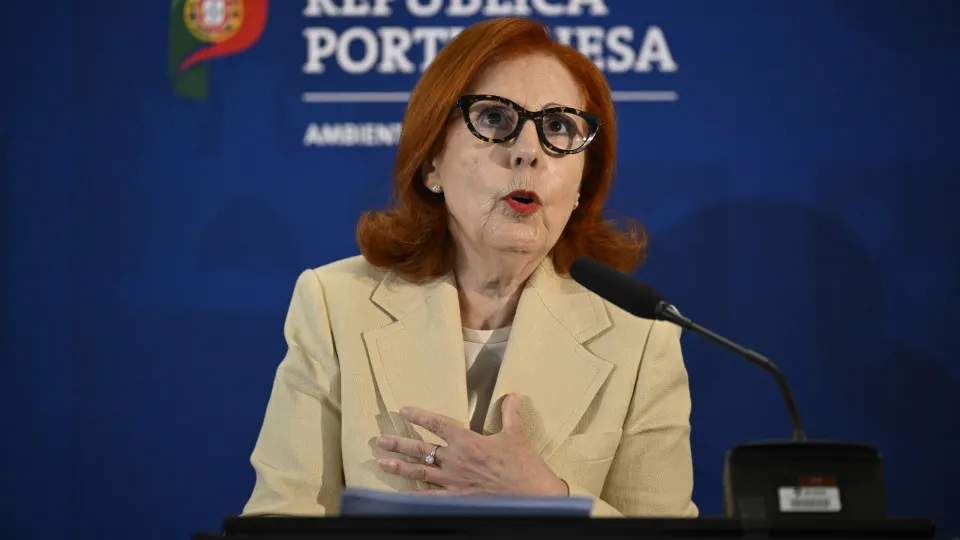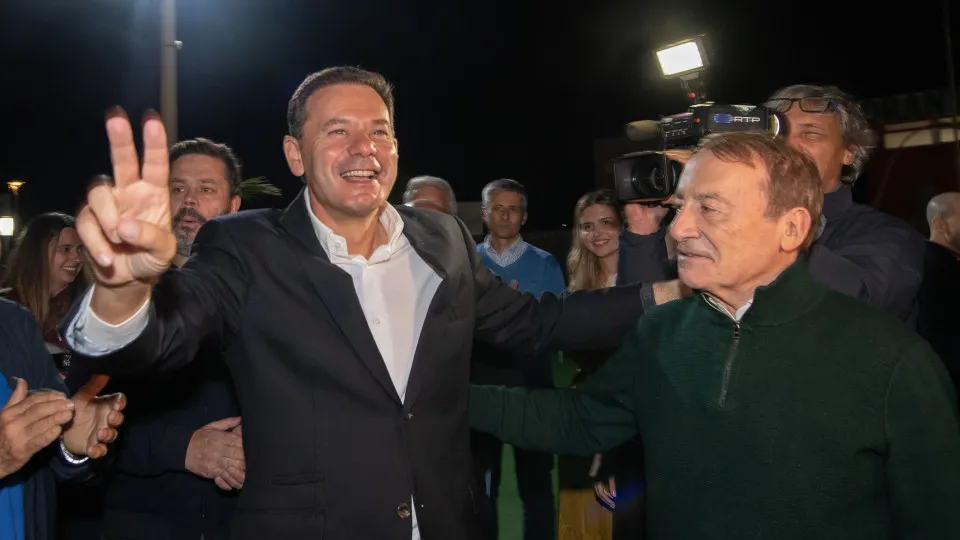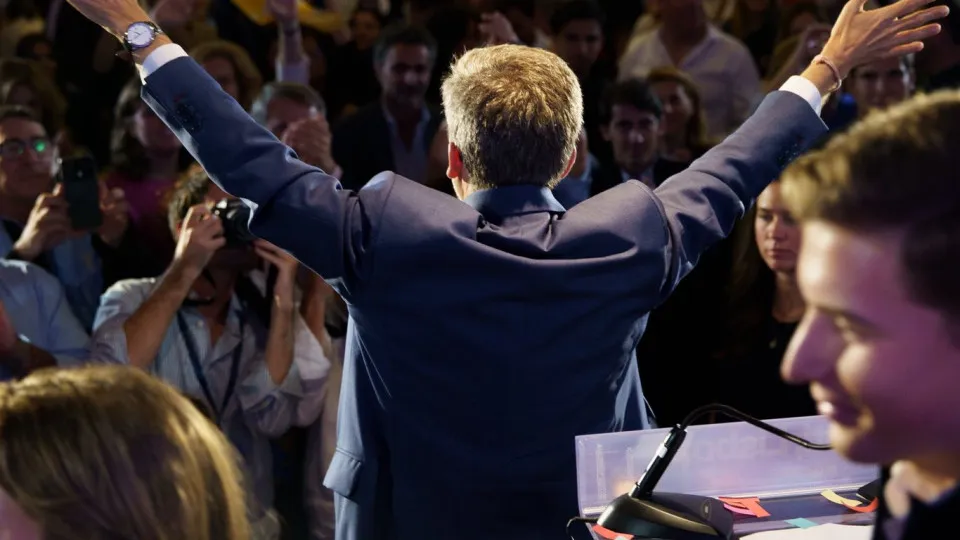
“As we celebrate the 10th anniversary of the Paris Agreement and the 20th anniversary of the Kyoto Protocol, COP30 should present itself as a pivotal political moment where ambition turns into implementation. We must translate commitments into concrete actions,” emphasized Maria da Graça Carvalho during her Pre-COP30 speech, held in Brasília less than a month before the United Nations Climate Change Conference (COP30), which will take place in the city of Belém in the Amazon on November 10.
In her address at the Ministerial Round Table, the Minister of Environment and Energy highlighted that Nationally Determined Contributions (NDCs) play a central role in raising the level of ambition and achieving the goals set forth in the Paris Agreement.
“In this context, it is essential that the COP30 agenda includes a space for dialogue on the collective ambition level of the NDCs, both in ambition and implementation,” she said.
She reminded that the European Union is revising its Climate Law and will update its NDC before COP30, with emission reduction targets between 66.25% and 72.5% by 2035.
“Portugal demonstrates that it is possible to decouple economic growth from emissions, having reduced its greenhouse gas emissions by 38% between 2005 and 2023,” the Portuguese minister emphasized.
Delegations from about 70 countries, including Portugal and Angola, are gathered today and Tuesday in Brasília seeking consensus on climate change combat financing a month before the UN climate conference, deemed decisive.
Brazil has urged delegations to present their NDCs a week after the COP30 president, André Corrêa do Lago, expressed “frustration” with the pace of target deliveries by countries.
“The presentation by governments of NDCs aligned with the objective of 1.5°C global warming containment from the Paris Agreement is a decisive sign of their commitment to combating climate change and strengthening multilateralism,” stated Brazil’s Vice-President, Geraldo Alckmin, representing President Lula da Silva, who is in Rome.
Although the initial deadline ended in February, only 62 countries have submitted their NDCs so far, according to the COP30 presidency. The United States, India, and the European Union have yet to present their targets.
Nonetheless, the Brazilian presidency of COP30 maintains some optimism, stating, according to the UN, that another 60 countries are expected to present their targets before the Belém summit.
At COP29, the wealthier countries committed to contributing $300 billion annually, three times more than previously decided—a figure that was never disbursed, drawing constant criticism from Lula da Silva.
The goal of Pre-COP30, concluding on Tuesday, is to untangle persistent negotiation knots, the same that have stalled discussions for decades.
The first challenge is to resolve the issue of financing climate change combat and energy transition in poorer countries, which hold vast natural reserves but lack resources to tackle global warming.
Ten years after the Paris Agreement, the financing commitments made by more developed countries have yet to be fully met, and the current multilateral system crisis emerges as a new obstacle.




